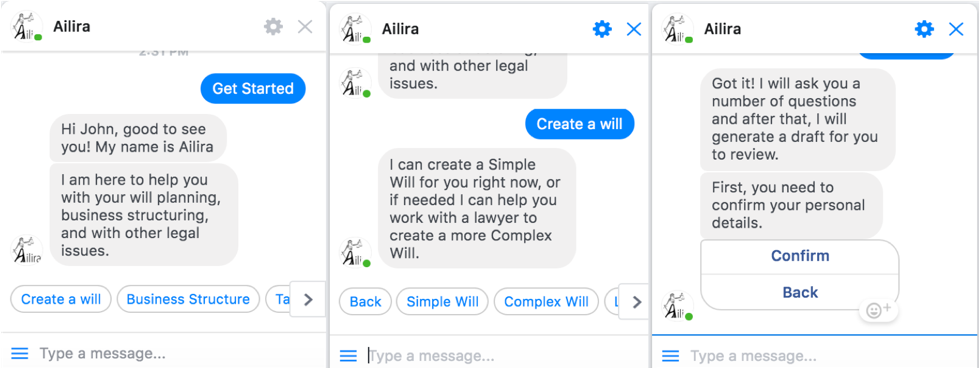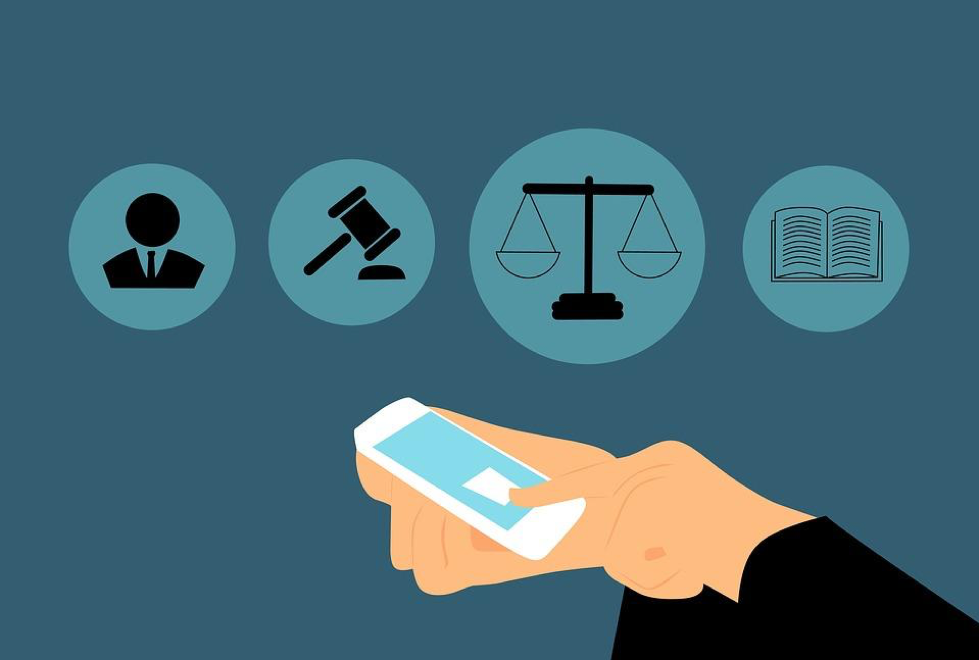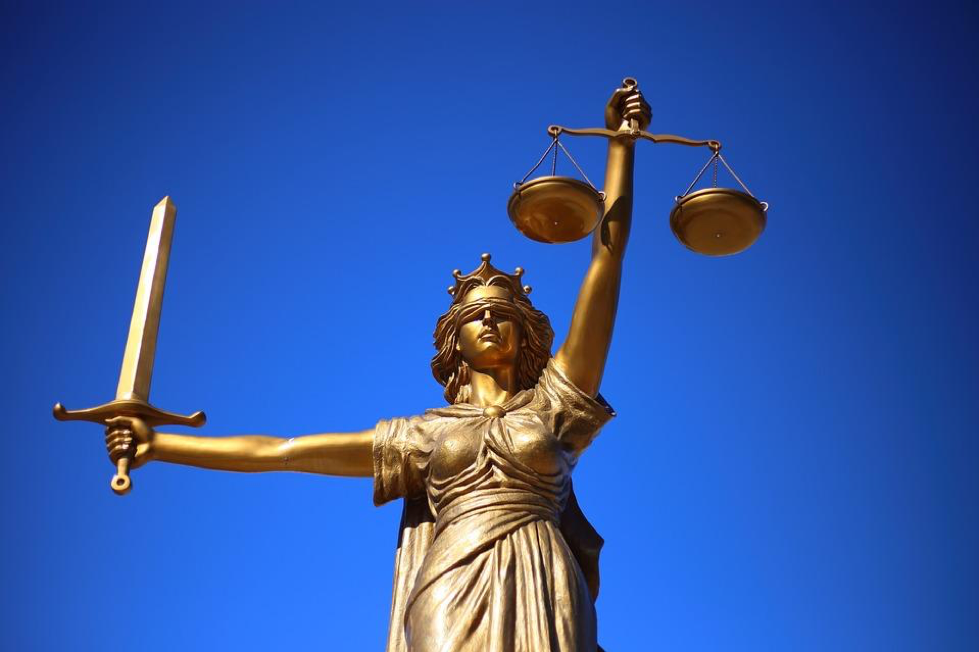When thinking of industries that can benefit from the use of technologies like chatbots, the law industry isn’t likely to come to mind first. Those in the law profession are highly trained and require a great deal of human thought that cannot be automated. Despite this, there are many areas of the law industry that can actually benefit greatly from a chatbot. The McKinsey Global Institute discovered that 23 percent of a lawyer’s job can be automated by technology, such as chatbots.
Document Creation

Typically, when legal documents are prepared, a client will meet with a lawyer, who will collect the necessary data to create the document. The document will then be prepared by the lawyer, which could take hours or days to put together depending on how busy they are. In many cases, documents will simply have contact details and other basic information to fill out, which could easily be accomplished using a chatbot.
Cartland Law, an Australian law firm, produced the first artificially intelligent legal assistant, known as Ailira – short for Artificially Intelligent Legal Information Research Assistant. Ailira is available on Facebook Messenger and can take you through a number of different legal processes to produce documents or provide assistance. The bot uses natural language processing and can understand and respond to technical and obscure questions. One of the preset functions available on the chat is to write a will, with the ability to create a simple will without the assistance of a human lawyer.
Saving Lawyers’ Time

One of the key benefits offered by chatbots is the ability to cut down on routine tasks and save time. For one, a chatbot can be used to perform administrative tasks, such as gathering client information and creating documents. A chatbot would also be able to get in touch with a client to update them on the status of documents or other processes. This would save a great deal of time for legal staff to focus on tasks that only they can complete.
In addition, the chatbot can provide assistance directly to legal staff. The chatbot can be programmed to analyse documents and quickly retrieve information the lawyer may require, such as contact details or information on policies and laws in different countries. Chatbots can also be integrated into intranets, allowing faster access to case-related information. This will further help to save lawyers a lot of time.
Reduced Costs for Clients

Lawyers are often expensive, and most people would want to reduce the costly fees associated with legal procedures. With a chatbot able to generate a legal document in a matter of minutes rather than hours, the cost of obtaining legal documentation will be drastically slashed for clients. While reduced fees might not immediately sound like a benefit for legal professionals, the use of a chatbot will mean that more clients can be helped, at a lower fee, which would balance out any lost money from reduced prices.
Chatbots can also help clients discover if they have a case without involving a lawyer, thus avoiding any fees that may be associated with inquiring. For example, Lawbot, a bot founded in 2016, focussed on providing people with information about criminal offences. While the bot did not give specific advice about cases, or produce documentation, it informed people about how the law applies to their situation. For example, a person could find out if they could press charges for assault. It achieved this by asking a series of questions and seeing if it could find a match for an offence based on the responses given.
More Accessible for Clients

By using a chatbot, legal services can also become more accessible for clients. As well as more people being able to afford legal services, a chatbot will allow potential clients to start legal documentation when it is convenient for them. With some legal chatbots able to answer more complex questions about the law, people would be able to get advice 24/7, not having to fit in with the confines of office opening times. In addition, a chatbot can increase accessibility, offering translations, text-to-speech options and simplistic preset options to choose from, so that people can easily select the services they need without worrying about complicated legal terminology.
Impartiality

It can be argued that a chatbot will be less biased than a human, which can be beneficial in some legal situations. As a chatbot is not able to see or hear the person interacting with it and is not working with emotions of its own, a bot is able to offer advice and information impartially. While some claim this can never be fully true as a human will have programmed the chatbot’s responses, a chatbot will certainly have less bias than a human. In the legal world, this can go one step further, as an impartial chatbot would be able to represent both sides of a case, offering perspectives that would be a conflict of interest to a human lawyer.
If you are a legal professional looking to introduce a chatbot to your firm, then please get in touch with our team. Our chatbot software can be tailored to meet your needs, ensuring that your clients are given the best support.














